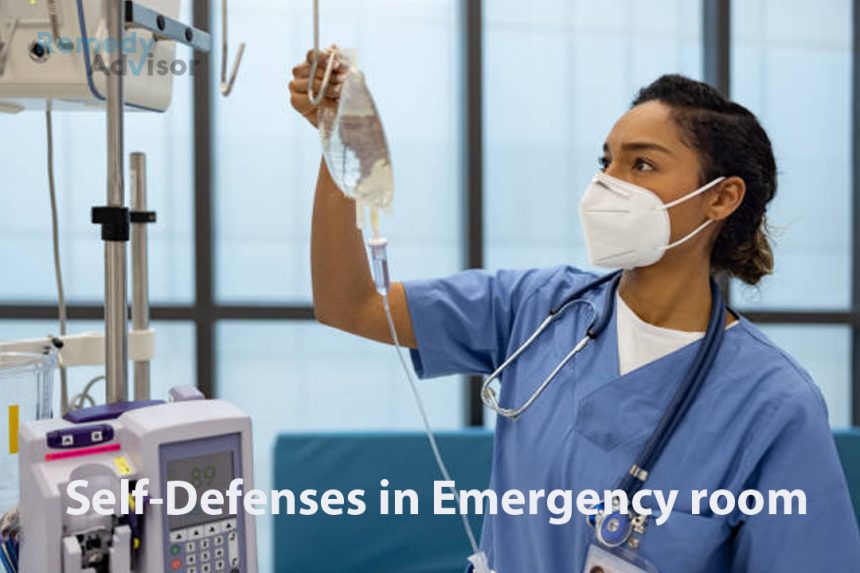Hospital emergency departments (EDs) are busier now than ever. Because of decreasing health-care budgets, examining rooms and equipment are in short supply. Doctors, nurses and technicians are overworked. No wonder the average wait to see a doctor is 49 minutes with many ED patients waiting hours.
For better emergency care…
• Call 911 or an ambulance
Call 911 or an ambulance if you suspect heart attack or stroke, two “time-dependent” conditions that can quickly worsen. Ambulance technicians will begin your care on the way and you’re more likely to be seen by a doctor as soon as you arrive at the hospital.
If your condition isn’t truly an emergency, arriving by ambulance won’t make a difference, and you could get stuck with paying the bill. The sickest patients always get taken care of first.
• Go to the closest hospital if you think you have an emergency.
The majority of all hospital EDs is now being staffed with board-certified emergency physicians. Teaching hospitals are staffed with attending emergency physicians and many residents and interns. In nonteaching hospitals, there will be only one or two doctors on staff. You may spend time waiting in either setting.
• Don’t wait for a referral from your doctor
It is no longer necessary to bring a referral or get prior approval from your doctor before going to the ED.
Everyone who comes to the ED undergoes triage. That’s the process by which each patient is evaluated by a nurse to determine how serious his/her condition is and who is to be seen first by a doctor.
• Know the names and phone numbers of all your doctors
Know the names and phone numbers of all your doctors especially your primary care physician, but also any specialists you may have seen. Your private doctors often possess medical information that can assist the emergency physician in treating you.
• Bring all of your medications
ED staff will learn a lot about your health history simply by reading the labels. If you’re going to need drugs, it’s vital that the doctors know what medications you’re taking.
Helpful: Keep a list of all your medications, along with the details of other health information (serious allergies, for example), on the refrigerator door. If you’re unable to talk, the ambulance crew can take the list to the ED.
Even better: Bring the actual bottles the printed labels are easiest to read.
• Report changes in symptoms immediately
Don’t suffer in silence in the waiting room. You’ll see a doctor more quickly if you inform the staff that your symptoms are getting worse. You should be given medication, if necessary, even before you see a doctor.







